Top 7... Times when everyone hated Valve
That's Valve time, baby!
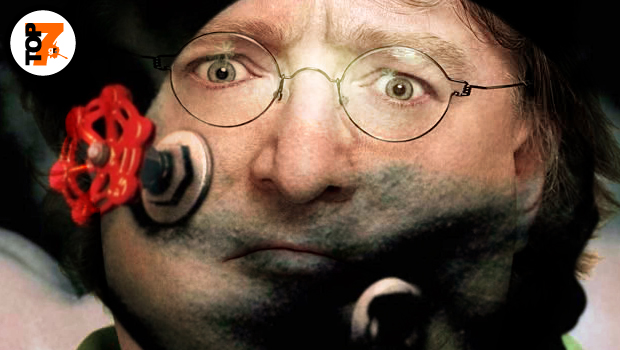
Valve owned the news last week. For three days, the publisher/developer/religious cult revealed three huge steps towards accomplishing its goal of making livingroom play feasible for PC gaming. First there was SteamOS, an operating system built entirely around PC gaming. Next came Steam Machines, PCs optimized with a form factor meant for the living room. Lastly, it showed off its controller, a weird controller that people kind of hate. Like, a lot. The internet is being really mean about it.
But this isn't the first time the PC gaming community has bit the hand that feeds it. Sure, it might look like Valve fandom is unwavering, but it hasn't always been Gabe Newell memes and Steam Summer Sales. Over the years there have been ample examples of gamers lashing out against Valve, ignoring the fact that, usually, its strange decisions seem to always end up being beneficial. We've found the seven best examples of gamers freaking out at Valve so that we might, one day, learn from history--or at least use it to make some pretty good memes.
7. "Counter-Strike Source sucks compared to 1.6!"
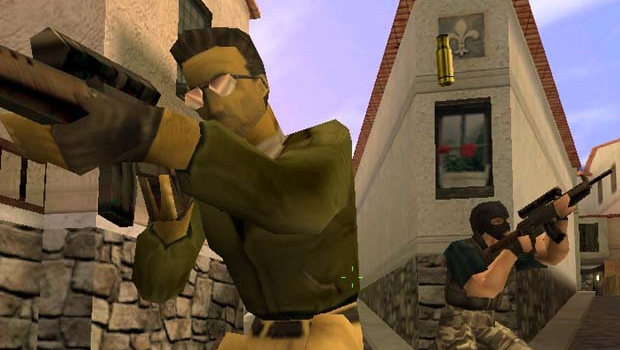
In a pre-Modern Warfare world (yes, that's how we count time when it comes to multiplayer shooters), Counter-Strike was the king of the polygonal castle. Valve's shooter was at the top of its class, presenting smart, fast-paced shooting gameplay that was a hit both with casual gamers and hardcore shooter fans alike. It was all over the competitive game scene, and with each update came new weapons, maps, and reasons to keep on AWPin. And then Counter-Strike: Source came out, and was a little different, and people flipped the hell out.
Source wasn't different enough to be considered a full "sequel," and felt similar enough to regular Counter-Strike that it would be familiar to those who have spent hundreds of hours bunny-hopping around de_dust (de_dust2 was better btw). It wasn't exactly the same, though, meaning those very same players would need to relearn the physics, and the timing, and the strategies. It was so very different without being different enough, causing fan confusion that led to many, for some time, to just keep playing the most recent version of regular Counter-Strike.
6. "Dota 2? Valve stealing a WarCraft III mod!"
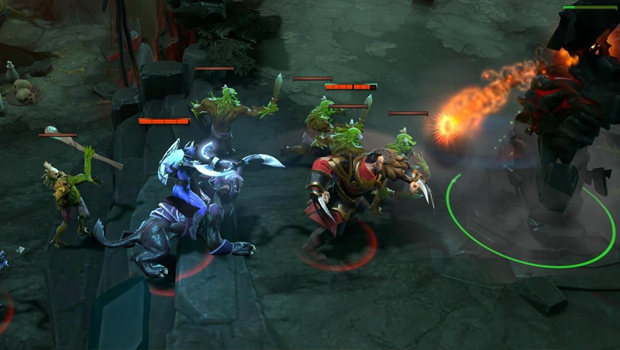
Ah, Defense of the Ancients; the progenitor of the multiplayer online battle arena. Back in 2006 it was the shit, even if it was stupidly difficult to even get into a game. If you wanted to try to get into a game you'd need to install WarCraft III and its expansion, and then download the map from a shady website. But it was worth it, and the mod (and the genre) became synonymous with the WarCraft III name which made it weird when Valve announced it would be making a sequel to a game it didn't make.
People were confused. Some of Valve's biggest franchises came from others, but usually the developers and games it purchased weren't being made on a rival's platform. Sure, they picked up IceFrog--one of the developers who turned DotA into a phenomenon--but he was but one of many. The DotA community was offended, Valve's fans were upset, and people funneled their confusion into anger towards the publisher. This subsided over time (especially when the game turned out to be pretty damn good), but there's still a lingering apprehension from many over this shady deal.
5. "Valve promised if we played indie games, Portal 2 would release early!"
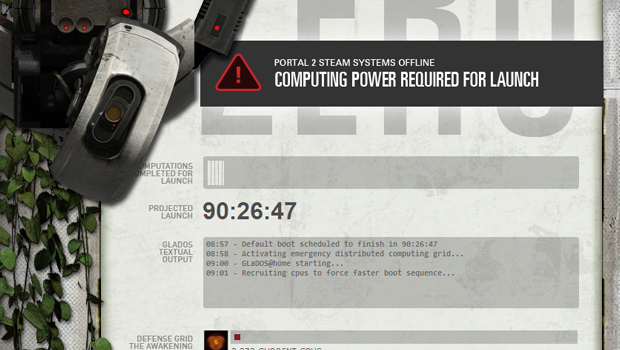
Everyone was excited for Portal 2--how couldn't you be? Portal is easily one of the best games ever, and the sequel looked to expand nearly every aspect of the puzzling shooter to create a more complete experience. Who wouldn't want to get their body all over that? And then Valve did what Valve does, and started teasing something. That something was the Potato Sack--an alternate reality game that would allow gamers to unlock Portal 2 early if they purchase and play a bunch of indie games. All good, right?
Weekly digests, tales from the communities you love, and more
Eh, not so much. "Early" was a relative term, as it would turn out that the original planned release of the Steam version of Portal 2 was 7:00 AM PDT the day of release--nearly half a day after console gamers were able to roll into the store and pick up the game. In the end, after countless dollars and hours were spent in hopes of an early release, Portal 2 popped up on Steam a scant 10 hours early--so, in the middle of the night for most of the country. Yay?
4. "Left 4 Dead 2 is releasing too close to L4D!"
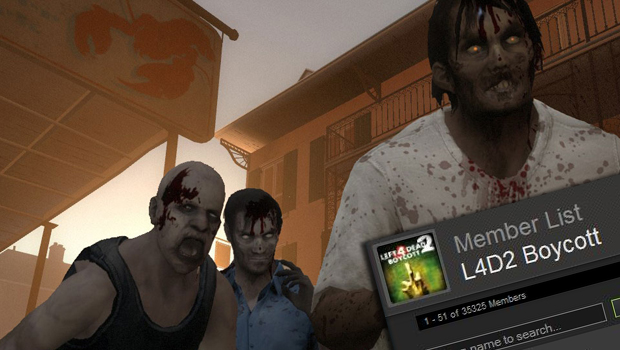
When Left 4 Dead hit store shelves, Valve promised gamers the sun and the moon in terms of post-release content. New game modes, new enemies, new maps, new characters--they were all coming. It was clear that Valve saw Left 4 Dead as a platform for content more than anything else. That was, until it revealed Left 4 Dead 2 a few months after release, and scheduled it to hit shelves in November of 2009--just one year after the original.
People felt betrayed. Valve had endlessly supported its titles with free post-launch content, and suddenly it wasn't just jumping on the DLC bandwagon--it was releasing a yearly sequel. Was Left 4 Dead the new Call of Duty? Gamers felt betrayed, and launched boycotts claiming that Valve had lied to the community, exploited their trust, and gone back on their word. These boycotts ended up feeling a bit unnecessary once the game came out (and featured more content than most other full-fledged sequels), but some harbor resentment over this move to this day.
3. "Half-Life 2's first two episodes are taking so long!"
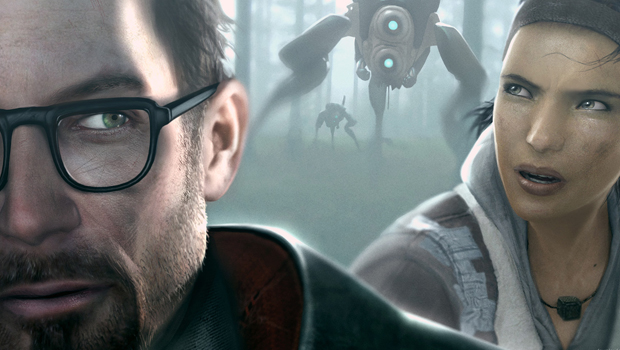
Half-Life 2's thrilling finale wasn't the end of Gordon Freeman's journey through City 17--it was only the first chapter. Near the game's release, Valve revealed that there would be episodic content in the months following that would finish the story started with the game. On November 16, 2004, the core game released--followed by Episode 1 on June 1, 2006. People expected Valve--who had always had issues sticking to reasonable release dates--to have trouble with an episodic adventure, but they didn't expect for it to be that bad.
Some leeway can be given for the first episode, since Valve likely had to build new tools to deploy episodic content, but that excuse wore thin when gamers had to wait until October 10, 2007, sixteen months (spelled out because come the hell on), for Episode 2's release. Sure, it came at the same time as the stellar Orange Box, and it ended on an amazing cliffhanger, but gamers had still given up hope that Valve could maintain any semblance of a schedule with Half-Life 2's episodes. Many speculated it would be another two years--at least--until Episode 3 would arrive.
2. "Seriously, where is Half-Life 3/HL2: E3?!"
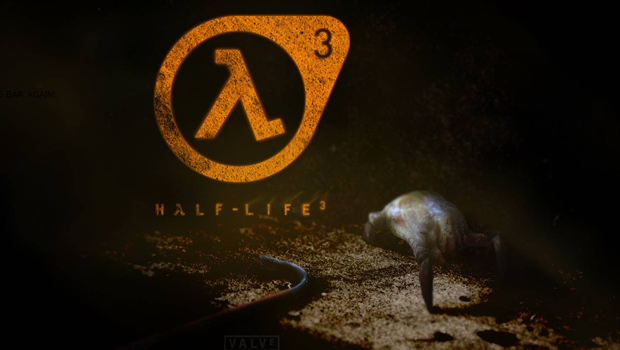
HA HA HA HA HA HA HA HA HA HA HA HA HA HA HA HA HA HA HA HA HA HA HA HA HA HA HA HA HA HA HA HA HA HA HA HA HA HA HA HA HA HA HA HA HA HA HA HA HA HA HA HA HA HA HA HA HA HA HA HA HA HA HA HA HA HA HA HA HA HA HA HA HA HA HA HA HA HA HA HA HA HA HA HA HA HA HA HA HA HA HA HA HA HA HA HA HA HA HA HA HA HA HA HA HA HA HA HA HA HA HA HA HA HA HA HA HA HA HA HA HA HA HA HA HA HA HA HA HA HA HA HA HA HA HA HA HA HA HA HA HA HA HA HA HA HA HA HA HA HA HA HA HA HA HA HA HA HA HA HA HA HA HA HA HA HA HA HA HA HA HA HA HA HA HA HA HA HA HA HA HA HA HA HA HA HA HA HA HA HA HA HA HA HA HA HA HA HA
HA HA HA HA HA HA HA HA HA HA HA HA HA HA HA HA HA HA HA HA HA HA HA HA HA HA HA HA HA HA HA HA HA HA HA HA HA HA HA HA HA HA HA HA HA HA HA HA HA HA HA HA HA HA HA HA HA HA HA HA HA HA HA HA HA HA HA HA HA HA HA HA HA HA HA HA HA HA HA HA HA HA HA HA HA HA HA HA HA HA HA HA HA HA HA HA HA HA HA HA HA HA HA HA HA HA HA HA HA HA HA HA HA HA HA HA HA HA HA HA HA HA HA HA HA HA HA HA HA HA HA HA HA HA HA HA HA HA HA HA HA HA HA HA HA HA HA HA HA HA HA HA HA HA HA HA HA HA HA HA HA HA HA HA HA HA HA HA HA HA HA HA HA HA HA HA HA HA HA HA HA HA HA HA HA HA HA HA HA HA HA HA HA HA HA HA HA HA
1. "Why do I need to download Steam? It's just DRM!"
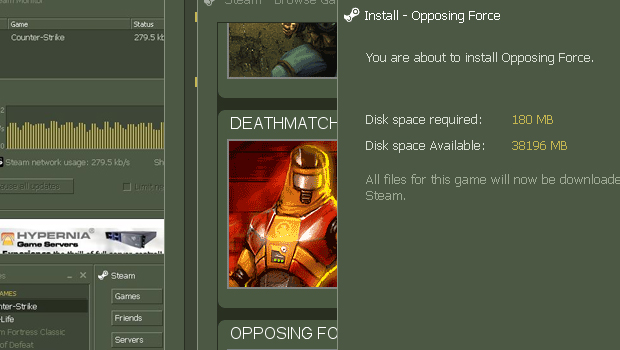
Though most PC gamers would agree that Steam is almost entirely responsible for saving PC gaming, this sentiment wasn't always shared. In fact, in the early days, many thought that this act of hubris would be the downfall of Valve. In September of 2003, Steam's release was met with hesitance cynicism. Needing to download a program to launch a game seemed insane, especially with many claiming to experience performance hits with Steam running in the background. It was a downright poor experience for anyone looking to play a Valve game in 2003, but it was the only way.
To make things worse, Steam was incredibly unstable. It would crash, lag, and have other technical problems, and since everything had to run through Steam, some things simply didn't run. Not being about to play Counter-Strike because some other, unnecessary product wasn't working was the antithesis of open, available PC gaming. This was DRM at its worst. This was Steam.
Turning on Valve
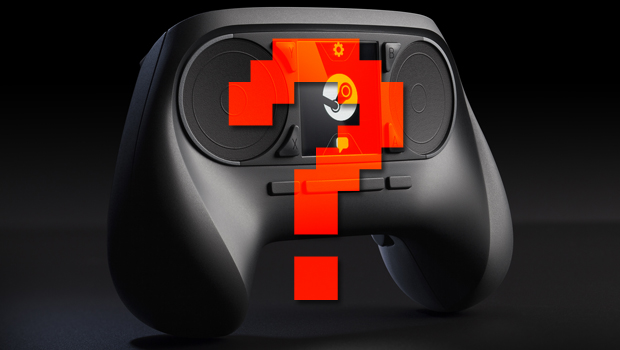
Noticing a trend? For the most part, all of these "controversies" ended up being mere blips on the radar--minor distractions in the name of the greater good. Sure, it might seem like a problem at the time, but in the end Valve usually knows what it's doing... except in the case of Half-Life 2: Episode 3. Seriously, it's actually kind of awful that Episode 2 ended with a cliffhanger and the promise of a sequel and it hasn't come yet. Like, come on.
And if you're looking for more, check out why Valve's OS might be an attack on Microsoft and what Steam Machines really are.
Hollander Cooper was the Lead Features Editor of GamesRadar+ between 2011 and 2014. After that lengthy stint managing GR's editorial calendar he moved behind the curtain and into the video game industry itself, working as social media manager for EA and as a communications lead at Riot Games. Hollander is currently stationed at Apple as an organic social lead for the App Store and Apple Arcade.



